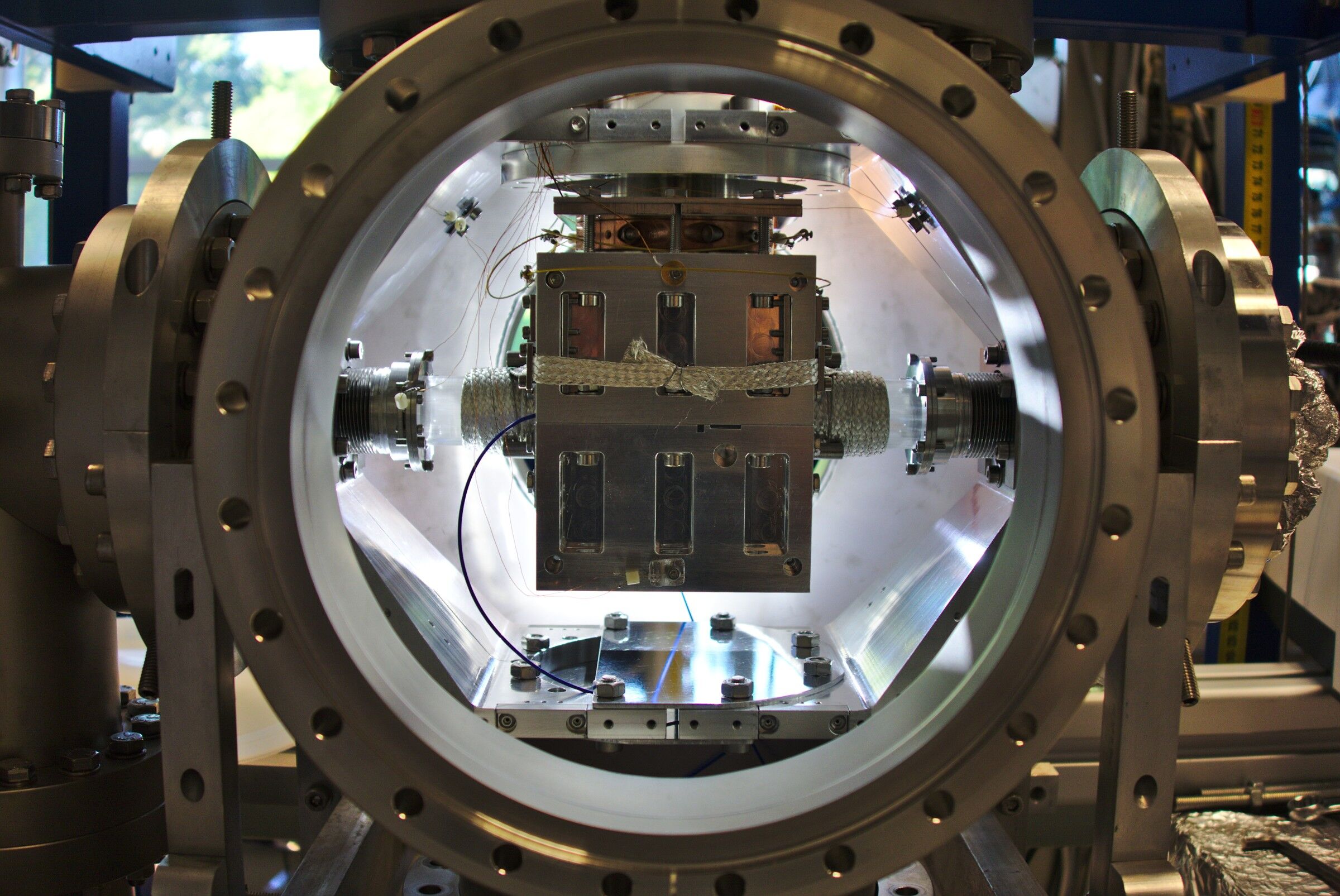
Student: Kassayová Miroslava
Supervisor: RNDr. Petr Dohnal, Ph.D.
Status: Assigned
Abstract:
The electron - ion recombination is an important loss process for charged particles in interstellar medium, ionospheres of gas giants and in technological plasmas. At low temperatures prevalent in interstellar gas clouds only few lowest rotational states of ions are populated. To fully understand the chemical evolution in such medium, it is crucial to gain information on chemical reactivity of different quantum states of studied ions.
The main aim of the thesis is to study the electron – positive ion recombination of several astrophysically relevant molecular ions in specific quantum state. The study will be performed using Cryogenic Stationary Afterglow apparatus with Cavity Ring-Down Spectrometer in the temperature range of 30 – 350 K. Investigated will be recombination of molecular ions that play a key role in interstellar chemistry such as H2D+ and HD2+ (cornerstones of deuteration fractionation in gas clouds) or HCO+ and its high energy isomer HOC+. Supporting measurements focused on chemical kinetics in related plasmas will be carried out using 22-pole radiofrequency trap technique and Flowing Afterglow with Langmuir Probe apparatus.
